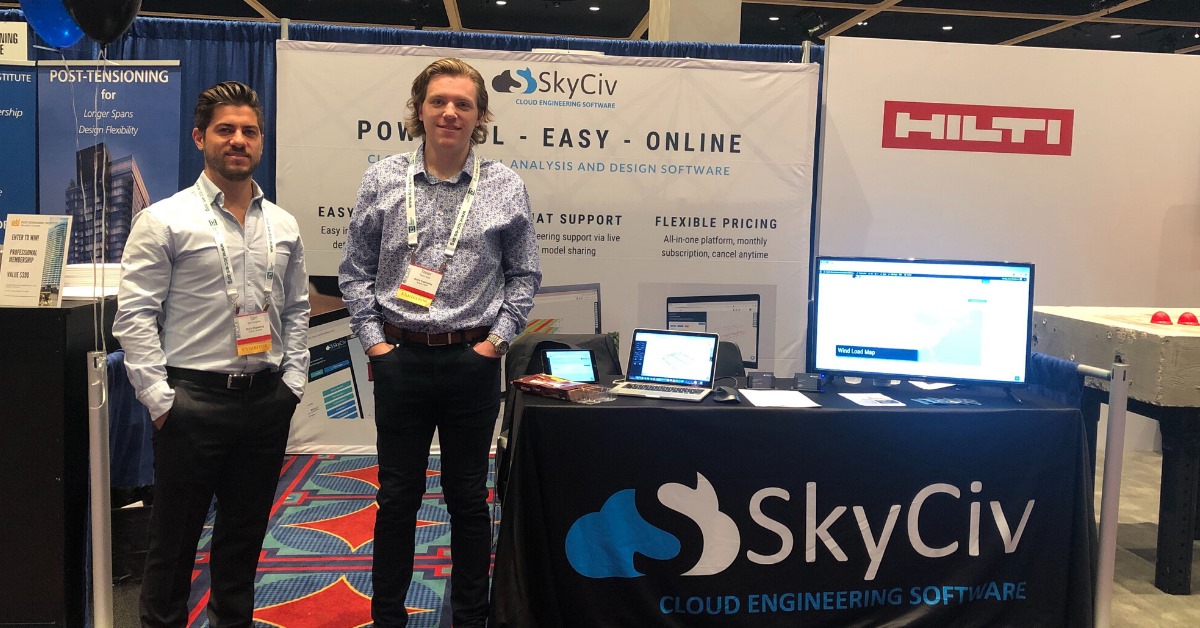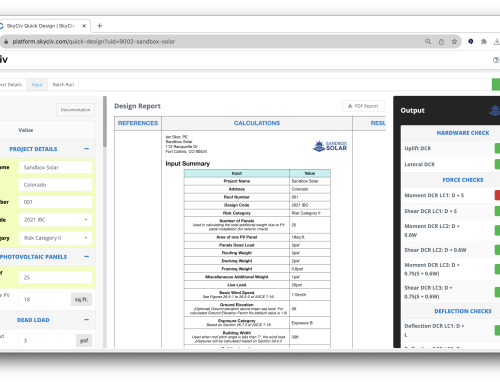Structural Engineering can be an extremely rewarding career and offers a lot of opportunity to grow into more senior roles. But sometimes it can be a bit unclear about the career progression or what you can do to further your career. It's also one thing to know what you should do, but another to actually start. So, we've compiled this useful list of things you can do today to advance your career in Structural Engineering!
1. Develop your soft skills
Research shows that 85% of your financial success is due to your personality and ability to communicate, negotiate, and lead and only 15% is attributed to your Technical Skills. This is no surprise, and is often backed up by just about every "What employers look for when hiring" blog piece which usually lists communication and teamwork at the top.
Communication is perhaps the biggest challenge for engineers, but it’s also the most important skill to pick up for a successful career. For some it's natural, for others it comes with practice and being more social. Group engineering projects, seminars and conferences may be a good place to shape this skill if you feel you haven’t yet strengthened it. One particular key trait of a good team worker and clear communicator is an ability to translate technical jargon into easy terms when dealing with people who may be unfamiliar with more techy language (such as in meetings with clients or investors).
Not sure where to start? Try this great free online course on how to improve communication skills which covers incredibly valuable skills such as building trust, communicating effectively, setting goals and including others. Want to level up even further? How to Win Friends and Influence People by Dale Carnegie is a personal favourite when it comes to leadership and was number 19 on Time Magazine's list of the 100 most influential books!
2. Learn a transferrable skill such as coding
Most engineering degrees include a few classes for programming because they recognize the need for this job in the future, particularly in engineering. How many of you can truly say you are competent in programming? This is a highly specialised skill set that, when combined with a practical profession like engineering, can be extremely useful.
Only 0.3% of the population can program. On top of this, 67% of all new STEM jobs are in computing, so why not future proof your skill set? On top of this, programming can add value to your company and help your team be more efficient.

Source: https://csedweek.org/
Not sure where to start? There are a lot of online courses (both free and paid) that can help. Try Code Academy and Coursera for starters. In the engineering world, languages like Python, C++ and VBA (Excel) are a great place to start.
3. Network at Events and Conferences
It's not what you know, it's who you know. Networking and attending conferences will help you build your personal brand and stay up to date with the industry and technology changes.
To advance your career, it also provides a great environment to network and develop new relationships that add value to both your personal and company brand.
Many conferences offer seminars and lessons on a wide range of engineering and management topics that make you more equipped to take on more responsibility. You can take classes on newer estimating tools or formulas and classes on schedule. Seminars and conferences offer enough classes to give you a level up in your career. They also introduce you to other professionals that might be able to offer advice and guidance in improving your (construction) engineering career.
Things you can do today: Visit meetup.com and sign up for a local engineering event. Or if you're a young engineer, join a local young engineers association such as YEANC (Australia) or Young Members ASCE (US).

4. Get your PE
A PE (Professional Engineer) is an accreditation that states an engineer has completed a series of stringent requirements and is recognised as . Licensure requirements can differ between states and countries, but typically require a qualified engineer (Bachelor or Master) who has 4 years work experience and successfully sat the PE examination.
Having your PE is a sure way to boost your career, since it allows you to gain more responsibility in your company. For instance, most states require a PE to:
- Stamp designs
- Bid on government contracts
- Consulting or owning a design firm
- Offering expert witness testimony
- Advertising services to the public
Where to start: Depending on what country/state your from this can differ. However, current institutions that offer this include NCEES (USA), Professionals Australia (we call it RPEng), Engineers Council (UK) and Engineers Canada.





